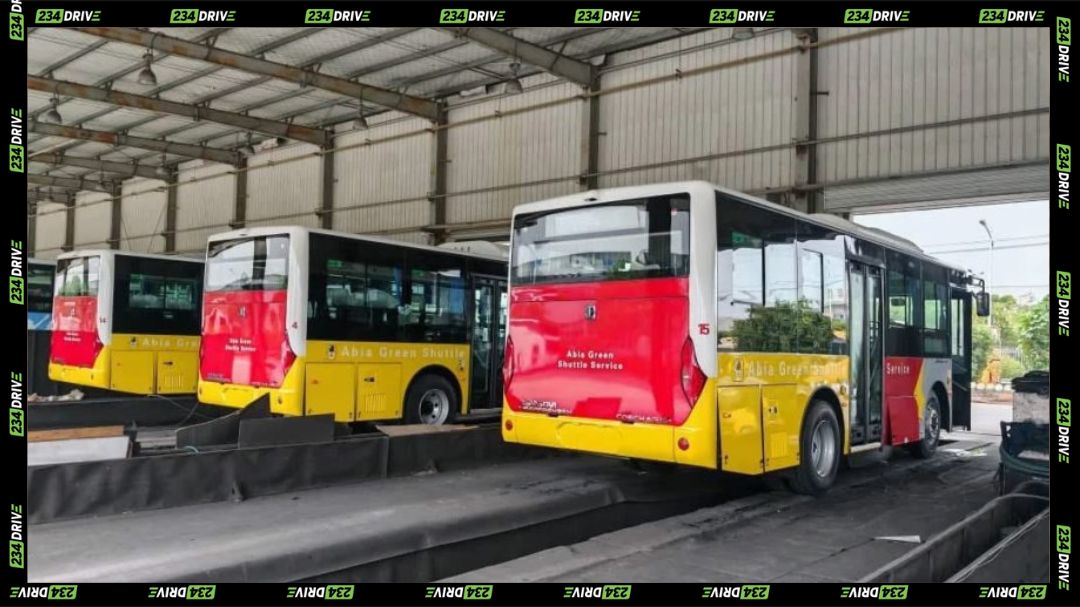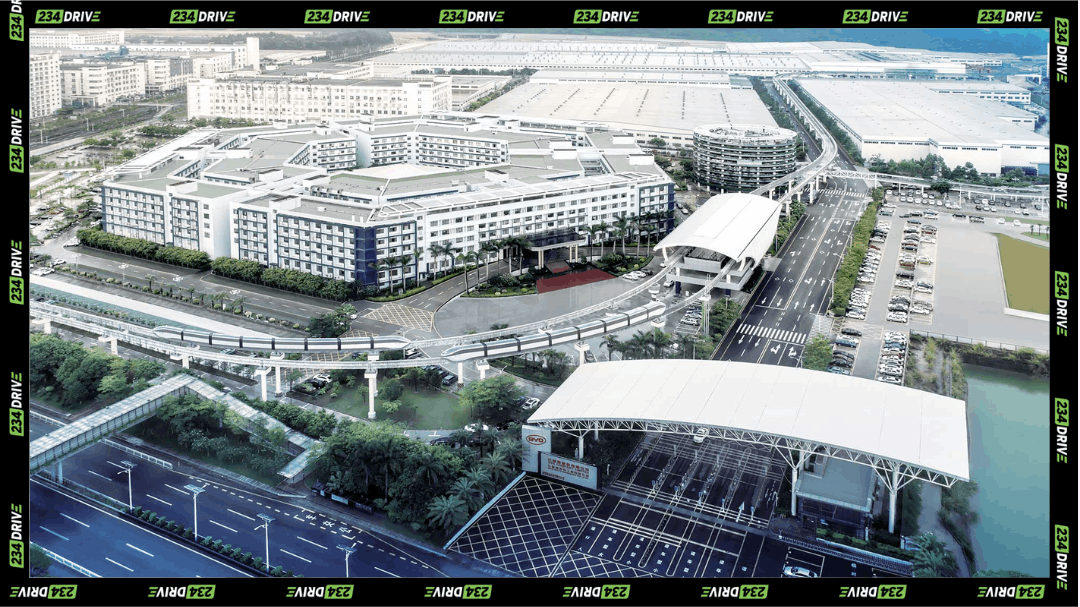Abia State is gearing up for a major transport revolution. Under Governor Alex Otti’s administration, the state is rolling out the Abia Green Shuttle — a fully electric public transport system poised to become Nigeria’s first state-led EV fleet. The initiative, announced in early October 2025, positions Abia as a trailblazer in clean mobility, with the first 20 buses expected to hit the roads before the end of the year.
The project aims to deliver zero-emission commuting across key urban centers—Aba and Umuahia—with expansion plans targeting Ohafia by 2026. Backed by a total fleet goal of 100 buses, the system will operate through solar-powered charging infrastructure, disability-accessible stations, and modern e-ticketing systems. According to officials, terminals and bus stops are nearing completion, signaling a smooth transition toward sustainable, cost-effective mobility.
At the core of the Abia Green Shuttle is an eco-focused design that aligns with global sustainability standards. The electric buses, powered by solar energy and battery storage, will significantly reduce reliance on Nigeria’s often unstable national grid. This clean-energy backbone could slash emissions while cutting maintenance and fuel-related expenses. Though no official figure like a 50% fare reduction has been confirmed, similar EV-based systems globally have demonstrated lower operating costs—a win for both government budgets and everyday commuters.
Roles in the project are clearly mapped. The Abia State Government oversees implementation and policy support, while private-sector partners such as Coscharis Group are expected to handle vehicle procurement and maintenance. The Greater Aba Development Authority (GADA) is managing terminal construction and route mapping, ensuring infrastructure readiness for public use. Together, these entities represent a collaborative model that could redefine how Nigerian states execute clean-tech initiatives.

Strategically, this move signals a broader shift in Abia’s development blueprint, one centered on sustainability, innovation, and urban renewal. Beyond transportation, it ties into Governor Otti’s larger modernisation plan to boost local economies, create green jobs, and improve air quality. It also enhances the state’s competitive edge as Nigeria transitions toward low-carbon growth under the Energy Transition Plan, which envisions nationwide EV adoption by 2055.
Comparatively, while Lagos and Ogun have explored Compressed Natural Gas (CNG) buses and hybrid fleets, Abia is the first to commit fully to electric public transport. That distinction sets the state apart, showing that subnational governments can lead Nigeria’s green transition even without federal mandates. Yet, the rollout comes with challenges—from maintaining reliable charging networks to ensuring local technical capacity—all of which will determine the program’s long-term viability.
Globally, cities like Nairobi, Kigali, and Cape Town have already launched EV bus pilots, often moving from pilot to fleet scale in under a year. If Abia meets its projected milestones—20 buses by December 2025 and 40 by early 2026—it will join that growing list of African cities taking real steps toward sustainable mass transport.
Abia’s track record adds credibility: earlier projects in infrastructure renewal and smart city planning have demonstrated execution discipline. Now, with visible construction progress and public engagement through local agencies, the Green Shuttle is moving from concept to reality.
This initiative could mark the beginning of a broader transformation—one where Nigerian states drive their own clean-energy transport agendas. The big question now is whether Abia’s pioneering model will inspire a national wave of EV adoption, and if regulators will begin to treat electric transport not as novelty, but as public infrastructure essential to the country’s sustainable future.









